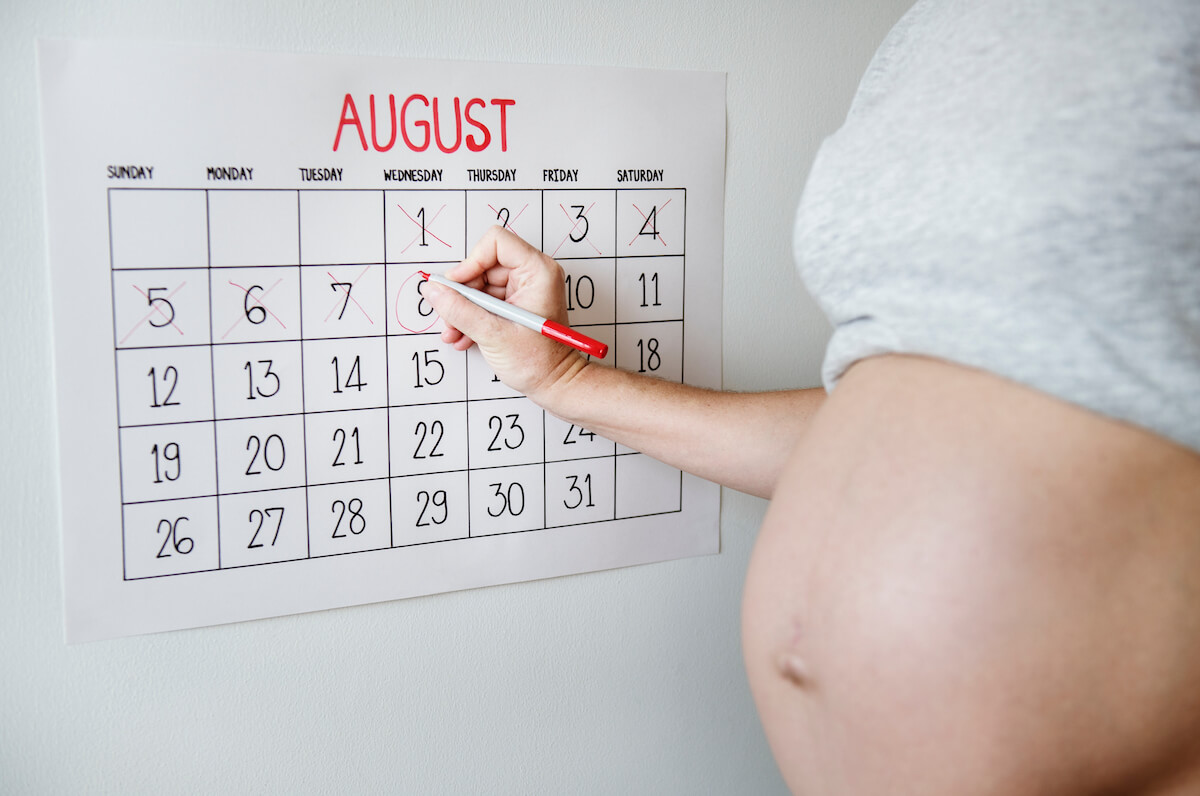
It can be something we take for granted but fertility health is essential if you want to start a family. But what is fertility and how just important is it? We go back to the fertility basics….
Key facts about fertility
Simply put, fertility is the ability to conceive. And any resulting pregnancy requires the successful fertilization of a woman’s egg by a man’s sperm to create an embryo.
Women are actually born with all the eggs they will ever carry – typically around 300,000 by the time she reaches puberty. Out of these 300,000 eggs, only 300-400 will mature and be released through ovulation during a woman’s reproductive life.
Men, on the other hand, are able to produce sperm every three months throughout their lives.
Puberty
When a child – both male and female – reaches puberty, it means their body has become sexually mature. During this period, hormone levels (testosterone in boys and oestrogen and progesterone in girls) increase, leading to both physical and emotional changes. Puberty occurs earlier for girls – around the age of eight to 13 – than boys, who typically enter the process between 10 and 15.
It is when girls reach puberty that they start their menstrual cycle, releasing eggs which if fertilised can result in a pregnancy.
The menstrual cycle
A regular menstrual cycle is the most immediate sign of fertility and is the monthly timetable by which a woman’s body prepares itself for a potential pregnancy. Driven by fluctuating hormone levels at key times, the menstrual cycle includes the release of the egg from the ovaries (ovulation), the thickening of the uterus wall ready for the implantation of a fertilised egg (embryo) and the shedding of the thickened wall should implantation not occur. This discarded uterine tissue then results in a monthly bleed, also known as menstruation or a period.
A woman’s menstrual cycle starts from the first day when bleeding begins until the day before her next period, and is on average around 28 days long.
For fertilisation of a woman’s egg to take place, the man needs to be able to create and ejaculate normal, mature spermatozoa, or sperm. Sperm production starts in a man’s testes and is then stored in the seminal vesicles, ready to be mixed with fluid on ejaculation to create semen. It is healthy sperm in the semen which can fertilise a woman’s egg, creating an embryo.
The importance of fertility health
For a successful pregnancy, both parents need to have good fertility health as issues with ovulation, egg or sperm quality can all lead to problems conceiving.
Infertility is defined as not being able to conceive after regular, unprotected sex for one year (or six months if the woman is over 35) and is thought to affect around one in seven couples in the UK alone. An individual’s fertility health can be affected by a host of reasons, including age, lifestyle factors, underlying health conditions and hormone imbalances, although in around 25% of cases, there is no clear cause.
To help protect and improve your own fertility, awareness is essential, as well as seeking medical advice from your GP or fertility clinic if you have concerns about your ability to conceive.



